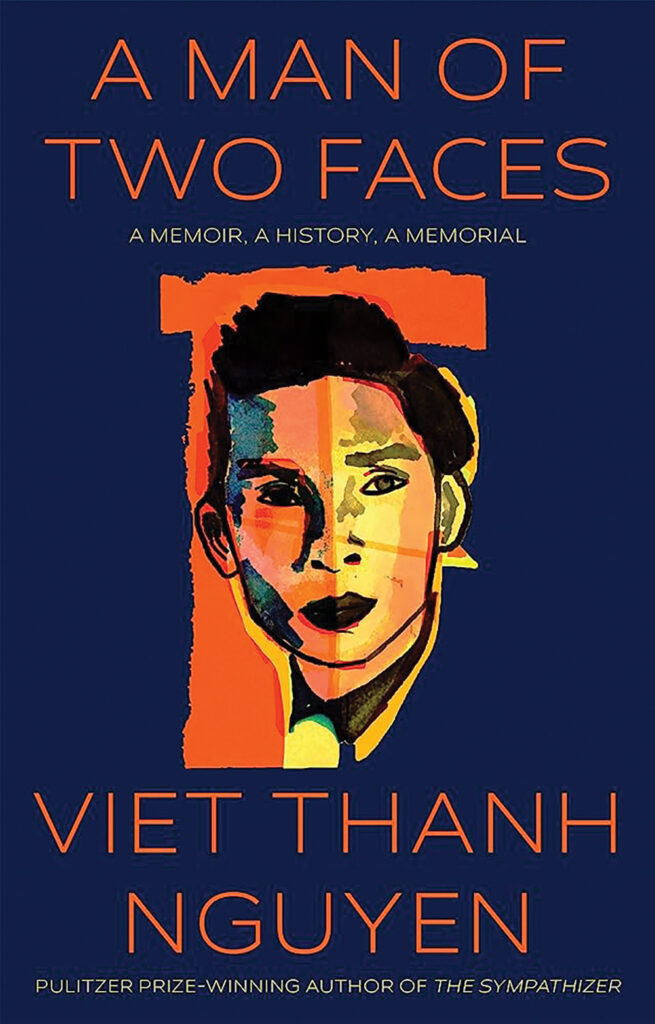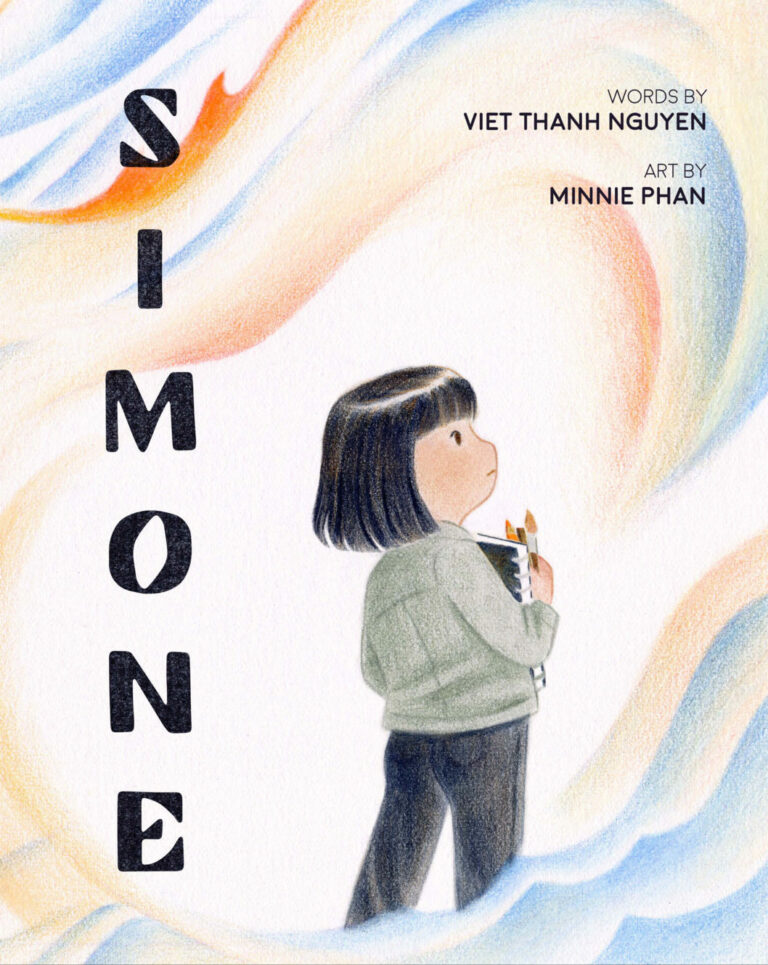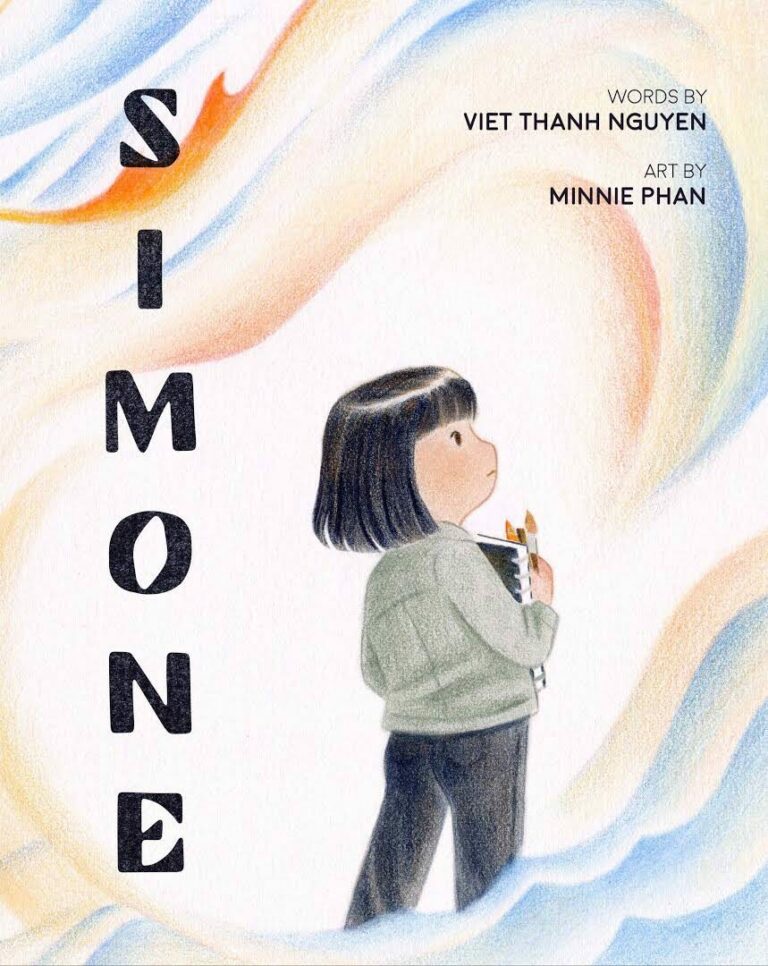In his memoir, award-winning novelist Viet Thanh Nguyen “re members” and “dis remembers,” excavating and reassembling memories as if working on his family’s portrait. Review by Priscilla Kipp for BookPage

Vietnamese refugee, American professor and acclaimed writer Viet Thanh Nguyen won the Pulitzer Prize for his debut novel, The Sympathizer, in 2016. In both his fiction and nonfiction, he has represented the searing, often seething, always sensitive voice of the displaced, the decolonized, the erased and the marginalized: those whom he calls “The Other” in U.S. history and culture. In his memoir, A Man of Two Faces: A Memoir, a History, a Memorial, Nguyen blazes a nonlinear, literary way through the histories of Vietnam and the US, his parents’ arduous lives in each and his own struggles to find his voice as citizen, son and writer.
Although the memoir neatly organizes Nguyen’s life’s trajectory, starting with his arrival at the age of four at a refugee camp in Pennsylvania, his memories are fragmented on the page. That is, until the artistry behind them becomes apparent, and then it is a sheer thrill to follow. Nguyen pushes his parents’ past traumas against the ever-bruising present. They must leave an adopted daughter behind in Vietnam; they are shot on Christmas Eve while working in their grocery store. While Nguyen shares their fate as disrespected, underestimated “Other,” he is the only one who rails against it. For his Ba and Má fleeing their ruined homeland, America is a dream; for their son, America did the ruining during the Vietnam War, leaving his family forever torn apart.
Always divided between his Vietnamese and American “faces,” Nguyen even narrates in a double voice, interjecting an introspective “you” into more straightforward threads of history, questioning everything as he lurches from childhood to his own parenthood, and on to his parents’ old age. “Be quiet,” he advises himself. “Be polite . . . But you have a character flaw. You are an ingrate.” It works as a kind of time-traveling history lesson that startles and fusses, but also endears. He “re members” and “dis remembers,” excavating and reassembling memories as if working on his family’s portrait, a pentimento of words.
Yet there is no self-serving artifice here. Nguyen even includes a blistering list of The Sympathizer’s bad reviews, and advice from another writer that he seek therapy. His regrets run as deep as his anger and disgust. He cannot remember enough about his mother and the onset of her mental illness that would eventually destroy her. Her “war story” becomes his. He is compelled to write about her “because writing is the only way I know how to fight. And writing is the only way I know how to grieve.”


